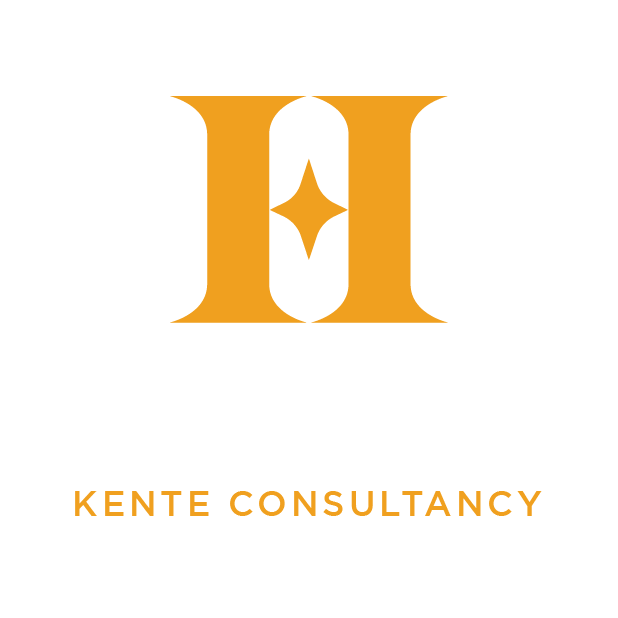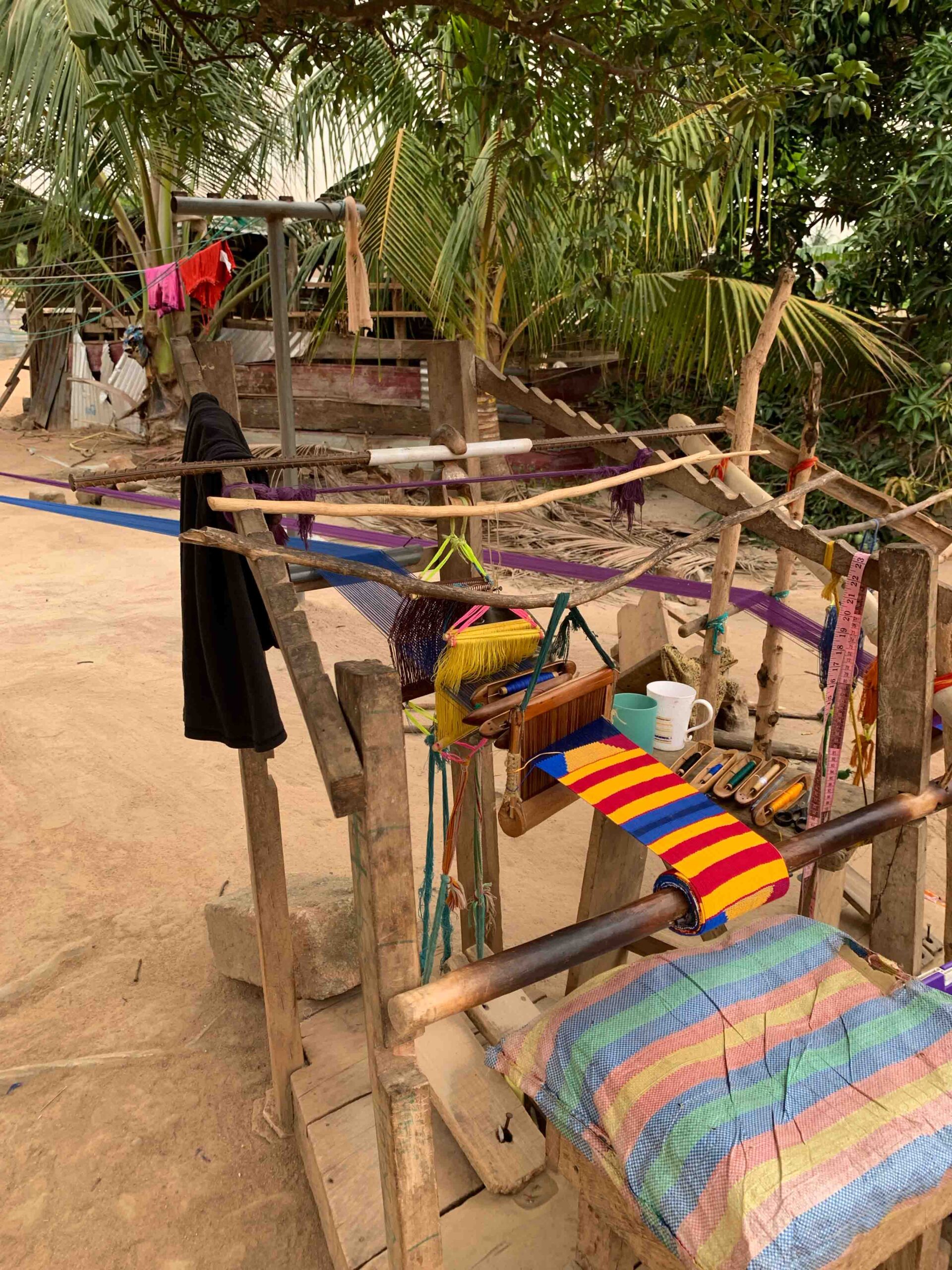© Hinkro Kente 2025. All right reserved. Terms and Privacy.
Built and managed by Nusite IT Consulting Limited
It’s now official. The Ghanaian government has granted Kente cloth Geographical Indication (GI) status, meaning only cloth woven in specific Ghanaian communities or by skilled artisans who probably hails from these communities in an organisation such as Hinkro Kente can legally be sold or exported as authentic “Kente.”
In simple terms:
The factory-printed fakes are done.
The mass-produced imitations can no longer carry the name “Kente.”
Only the real, handwoven fabric from communities such as Bonwire, Adanwomase, Kpetoe, Agbozume, and other certified weaving towns in Ghana now counts as genuine Kente.
Just like France protected Champagne and Italy protected Parmesan, Ghana has finally protected Kente — one of its most powerful cultural symbols. Call it the Ghana Kente.
Why This Matters
For years, Kente patterns have appeared on international runways, in fashion houses, and across online stores, often without credit or payment to the Ghanaian weavers who made it sacred.
Now, with GI protection, only registered Ghanaian weavers and communities can profit from the name “Kente.”
This isn’t just about fabric — it’s about ownership, identity, and justice.
Kente has always carried story and status. Each pattern has meaning, celebrating wisdom, unity, resilience, and heritage. For too long, others have profited from its beauty without acknowledging its soul.
What the GI Protection Means for Ghanaians
- Kente is now Ghana’s first registered Geographical Indication.
This status was officially announced in September 2025 at the La-Palm Royal Beach Hotel in Accra by Ghana’s Registrar-General’s Department and the World Intellectual Property Organization (WIPO). - Only cloth made in certified Ghanaian weaving zones can bear the “Kente” name on international markets.
- It gives Kente legal protection worldwide, preventing misuse and imitation, while boosting the value of locally produced fabric.
- It opens global market access for Ghanaian artisans — helping small weavers connect directly to fashion houses and international buyers.
What is the next essential steps for Ghana now
The GI status is a major win, but as the saying goes, the real work starts now.
The global fashion and apparel market is worth over $1.8 trillion, and Ghanaian weavers can’t fight billion-dollar brands alone.
To make this protection powerful in practice, Ghana can:
- Build a digital tracking system and a public registry of approved weavers.
- Create a verified “Made in Ghana” seal that global shoppers can trust.
- Introduce a simple licensing system that allows fashion brands to partner legally with Ghanaian Kente producers.
- Plug Kente into global e-commerce, allowing buyers to order directly from Bonwire to Brixton, Adanwomase to Atlanta.
- Collaborate with diaspora designers to make authentic Kente part of mainstream luxury fashion.
- Because heritage without business eventually becomes history.
This is more than a win for Ghana — it’s a model for cultural protection worldwide. This is what ownership looks like.
Who should be next? Nigeria’s Ankara? The Caribbean’s Madras?
Drop your thoughts 👇

